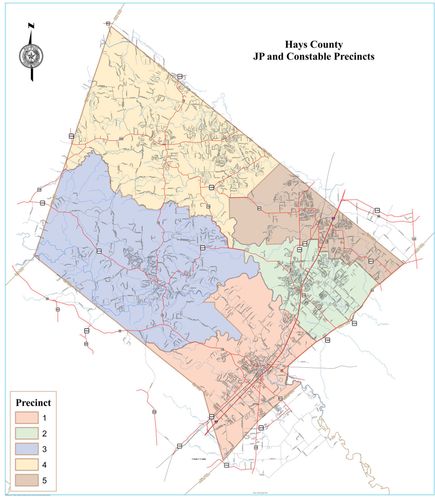Report on Data Privacy Practices and Alignment with Sustainable Development Goals
Introduction: Data Governance as a Foundation for Sustainable Development
An analysis of the provided data consent and privacy statement reveals a strong commitment to ethical data management. These practices are not merely procedural; they are foundational to advancing several key United Nations Sustainable Development Goals (SDGs). This report outlines the alignment of the stated data handling principles with the global agenda for sustainability, peace, and prosperity.
Core Principles and Direct SDG Linkages
The privacy statement is built upon several core principles that directly support the achievement of the SDGs:
- Informed Consent and Empowerment: The requirement for user consent aligns with SDG 16 (Peace, Justice and Strong Institutions) by upholding the fundamental right to privacy and personal autonomy. It ensures that individuals have control over their personal information, fostering trust in digital institutions.
- Purpose Limitation and Data Integrity: The commitment not to sell, share, or misuse personally identifying information supports SDG 16 by promoting transparent and accountable institutions. It also reinforces SDG 17 (Partnerships for the Goals) by establishing a trustworthy basis for communication and engagement between the organization and its stakeholders.
- User Control and Access to Redress: The provision of a clear opt-out mechanism empowers users, a principle central to SDG 10 (Reduced Inequalities). It ensures that access to information does not come at the cost of personal freedom, providing an accessible means for individuals to exercise their rights.
Policy Component Analysis through the SDG Framework
A detailed examination of the policy’s components further illustrates its contribution to a sustainable and equitable digital ecosystem:
- Age Verification: The stipulation that users be at least 18 years of age is a protective measure that contributes to SDG 5 (Gender Equality) and SDG 16.2 (End abuse, exploitation, trafficking and all forms of violence against and torture of children) by safeguarding younger and potentially more vulnerable individuals online.
- Data Use Transparency: The explicit statement that data will only be used for communication about the organization and its sponsors is a critical component of institutional accountability, a core target of SDG 16. This transparency builds the trust necessary for effective partnerships under SDG 17.
- Right to Withdraw Consent: The “opt-out” clause is a practical application of the principles of protecting fundamental freedoms, as outlined in SDG 16. It ensures that the relationship between the user and the organization is voluntary and respects individual autonomy, contributing to the goal of building inclusive societies.
Sustainable Development Goals (SDGs) Addressed
SDG 16: Peace, Justice and Strong Institutions
- The article, which is a privacy policy statement, relates to the principles of building accountable and transparent institutions. By clearly stating how personal information will be handled (“The personally identifying information you provide will not be sold, shared, or used for purposes other than to communicate with you…”) and providing users with control (“You may opt-out at any time”), the organization demonstrates accountability and respect for individual freedoms, which are central tenets of SDG 16.
Specific SDG Targets Identified
-
Target 16.10: Ensure public access to information and protect fundamental freedoms, in accordance with national legislation and international agreements.
- The article’s text is a direct example of providing public access to information, specifically about data handling practices. The commitment to not sell or share personal data and the provision of an opt-out mechanism are actions that protect the fundamental freedom of privacy in the digital sphere. The existence of a linked “Privacy Policy” further reinforces the commitment to transparency and institutional accountability as called for in this target.
Indicators for Measuring Progress
-
Implied Indicator (related to official indicator 16.10.2): Existence and implementation of organizational policies guaranteeing data privacy and public access to information on data use.
- The article itself is an indicator of an implemented policy. The specific commitments mentioned—not selling or sharing data, using it only for communication, and providing an unsubscribe link—are measurable actions. The presence of a formal, accessible “Privacy Policy” is a concrete manifestation of an institutional guarantee for public access to information, which can be used to measure progress towards Target 16.10.
Summary of Findings
| SDGs | Targets | Indicators |
|---|---|---|
| SDG 16: Peace, Justice and Strong Institutions | Target 16.10: Ensure public access to information and protect fundamental freedoms, in accordance with national legislation and international agreements. | The existence of a publicly stated privacy policy that guarantees personal data will not be sold or shared and provides clear opt-out mechanisms for users. |
Source: mprnews.org







